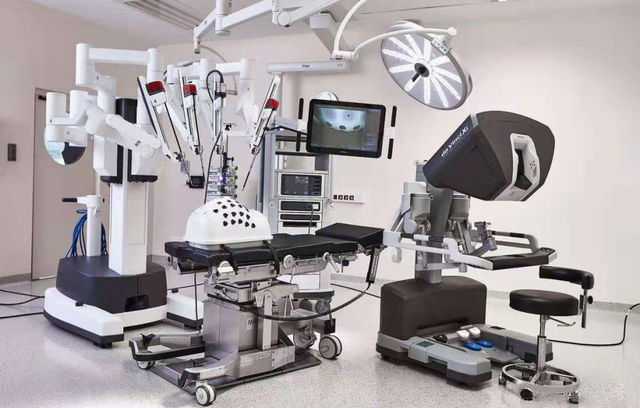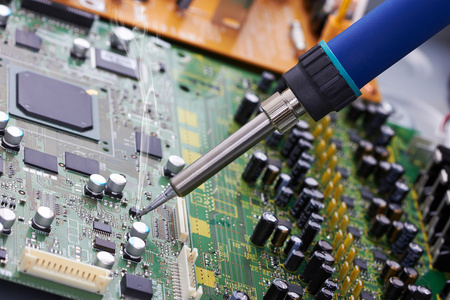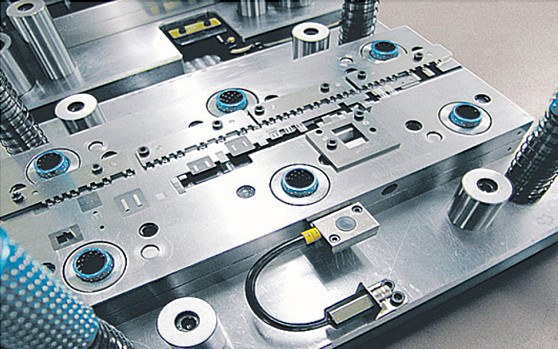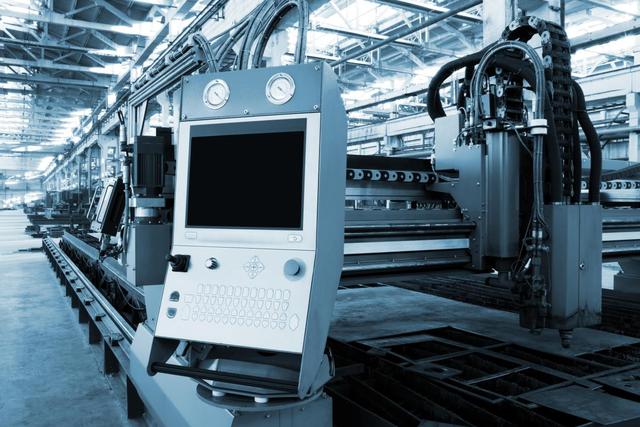
CNC Machining Material Properties for Precision Manufacturing
CNC machining is a versatile and precise manufacturing process that can work with a wide array of materials. Understanding the properties of these materials is crucial to achieving the desired performance and quality in the final product. In this article, we explore the key material properties that
Quote Now!
CNC machining is a versatile and precise manufacturing process that can work with a wide array of materials. Understanding the properties of these materials is crucial to achieving the desired performance and quality in the final product. In this article, we explore the key material properties that influence CNC machining and how they impact various applications.

Material Properties in CNC Machining
HardnessHardness measures a material's resistance to deformation. In CNC machining, materials with higher hardness levels, such as steel and titanium, require more robust tools and slower cutting speeds. This ensures precision and reduces tool wear, making these materials ideal for applications requiring high strength and durability.
ToughnessToughness is a material's ability to absorb energy and plastically deform without fracturing. Materials like aluminum and some polymers offer good toughness, making them suitable for parts that need to withstand impact and stress without breaking.
DuctilityDuctility refers to a material's ability to deform under tensile stress. Metals such as copper and aluminum exhibit high ductility, allowing them to be machined into complex shapes without cracking. This property is essential for creating intricate components in industries like electronics and aerospace.
Thermal ConductivityThermal conductivity determines how well a material conducts heat. Materials with high thermal conductivity, such as copper, are ideal for heat sinks and electronic components. Understanding thermal properties helps in selecting materials that can handle the thermal loads encountered during machining.
Corrosion ResistanceCorrosion resistance is crucial for components exposed to harsh environments. Stainless steel and certain alloys are known for their resistance to corrosion, making them perfect for medical devices, marine applications, and outdoor equipment.
MachinabilityMachinability is a measure of how easily a material can be cut, shaped, and finished. It affects tool life, surface finish, and overall machining efficiency. Materials like brass and aluminum are known for their excellent machinability, reducing production time and costs.
Applications of CNC Machining Based on Material Properties
Aerospace Industry: Titanium and aluminum are commonly used due to their strength-to-weight ratio and resistance to high temperatures.
Automotive Industry: Steel and alloys are preferred for their durability and ability to withstand mechanical stress.
Electronics Industry: Copper and aluminum are used for their electrical conductivity and machinability, making them ideal for intricate electronic components.
Medical Industry: Stainless steel and biocompatible polymers are used for their corrosion resistance and compatibility with the human body.
Selecting the right material for CNC machining involves understanding the specific properties required for the application. By considering factors like hardness, toughness, ductility, thermal conductivity, corrosion resistance, and machinability, manufacturers can ensure optimal performance and quality of the final product. InCrease offers expert CNC machining services, utilizing a wide range of materials to meet the precise needs of diverse industries. Our advanced technology and skilled professionals ensure that each component meets the highest standards of precision and durability.






